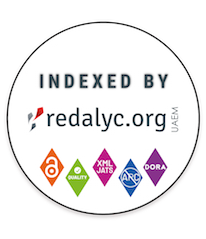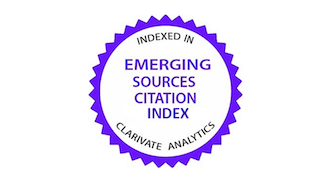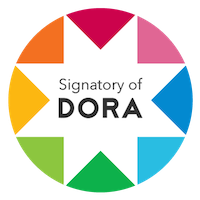Common bean through a participatory approach in Honduras.
DOI:
https://doi.org/10.15517/am.v14i1.12000Abstract
This work presents the results of the application
of participatory methods for the genetic improvement of
beans in two regions of Honduras. The methodology and
results obtained from the evaluation and selection activities,
from early generation to advanced trials compare the lines
selected by conventional and participatory methods, and the
trials to estimate the potential of adoption of promising lines,
are shown and described. Evaluation and selection criteria
used by farmers to choose promising lines and varieties are
mentioned. The results are discussed, trying to explain them
according to the basic plant breeding principles and practices
for the improvement of cultivated plants. Finally, the benefits
of participatory plant breeding for farmers are identified,
including those that are related to knowledge and skill
acquisitions, and the increase on individual and collective
capacity to take decisions; as well as the advantages for
breeding programs under these participatory approaches.
Downloads
Downloads
How to Cite
Issue
Section
License
1. Proposed policy for open access journals
Authors who publish in this journal accept the following conditions:
a. Authors retain the copyright and assign to the journal the right to the first publication, with the work registered under the attribution, non-commercial and no-derivative license from Creative Commons, which allows third parties to use what has been published as long as they mention the authorship of the work and upon first publication in this journal, the work may not be used for commercial purposes and the publications may not be used to remix, transform or create another work.
b. Authors may enter into additional independent contractual arrangements for the non-exclusive distribution of the version of the article published in this journal (e.g., including it in an institutional repository or publishing it in a book) provided that they clearly indicate that the work was first published in this journal.
c. Authors are permitted and encouraged to publish their work on the Internet (e.g. on institutional or personal pages) before and during the review and publication process, as it may lead to productive exchanges and faster and wider dissemination of published work (see The Effect of Open Access).























